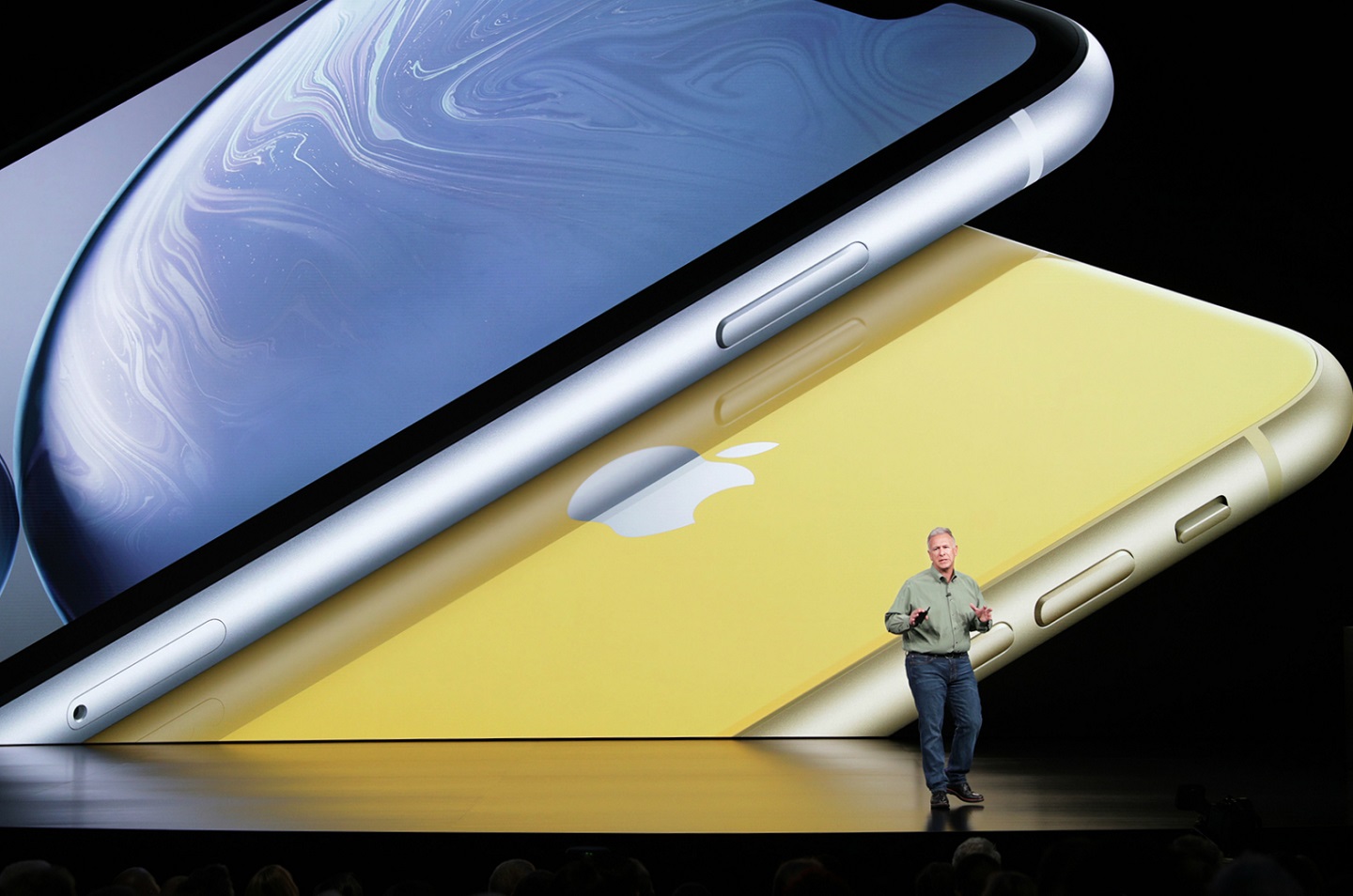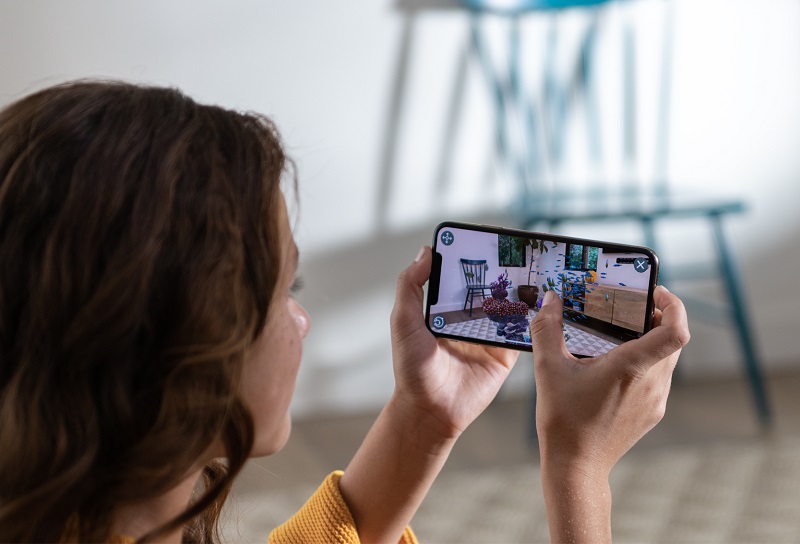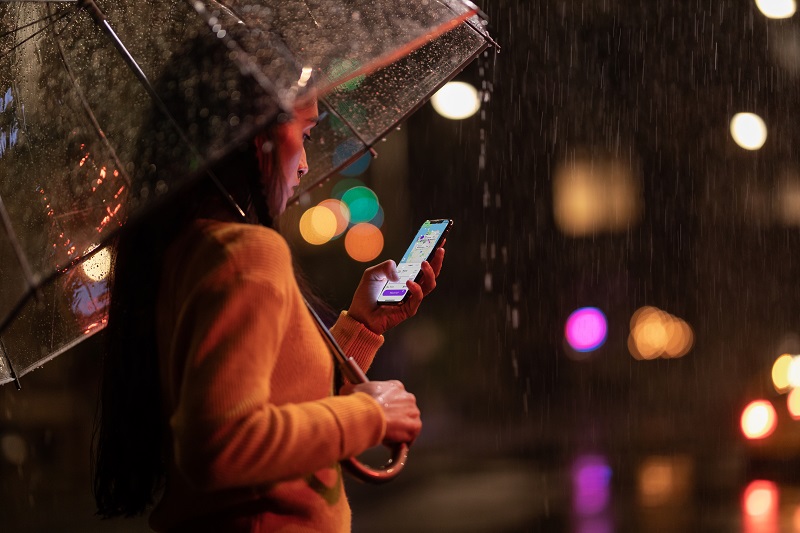
Senior vice president of worldwide marketing at Apple Inc Phil Schiller reveals the iPhone XR, which features an all-screen glass and aluminum design in six new colour finishes (Photo: Apple)
Good news, Apple fans — the new iPhones for 2018 are finally here. Just as how the introduction of iPhone X shook up the iPhone range in 2017, Apple’s latest additions — the iPhone XS, iPhone XS Max and the relatively cheaper iPhone XR — are bigger, faster and, well, more expensive.
It’s worth pointing out that these are the biggest iPhones so far, and it’s obvious why Apple is enlarging its phones like other phone makers: The wider screens sell better. The XS, a sped-up upgrade from the X, has a 5.8-inch screen; the XS Max, 6.5-inch; while the entry-level XR, 6.1-inch.

The iPhone XR will have a mass appeal
Starting at just US$749, the XR looks like a steal for those who sat out on the high-end, US$1,000 X. While the XR is equipped with most of X’s key specs such as the high-powered A12 Bionic chip, it has slimmed down some features too. Instead of an edge-to-edge OLED display, the XR uses a LCD screen, with an aluminium body (instead of a stainless steel frame) and single-lens camera. The phone comes in six colours — black, white, red, yellow, coral and blue — and it’s a good reason to skip the XS for this if you don’t care much about the dual cameras and 3D Touch.

How big a deal is the OLED screen? Compared with LCD screens, the OLEDs are richer and more colourful, lending them their signature high-contrast looks. Videos and games look truer to life. The OLED panels also offer deeper black and brighter whites so movies look more accurate than they would on an LCD panel. The greatest plus side is the battery life — OLED does away with the power-hungry backlight, making your phone more power-efficient.
The top-tier XS and XS Max

According to initial reviews, both phones, which come in either silver, space grey or gold, retain the familiar design of the X although the screen and glass are apparently better. The real difference comes down to the phones’ displays and sizes. The XS Max, for example, provides better image dynamics with a 458 ppi pixel density so you won’t lose out on sharpness by going bigger. The A12 Bionic processor in the XS range is reportedly 15% faster than last year’s A11 chip too.
Photography lovers will be happy to know that the XS family has an advanced depth segmentation in Portrait mode now with professional-level bokeh. The new depth control allows one to dynamically adjust the depth of field in the Photos app to create a beautiful background blur.
The XR, XS or the XS Max?
Here’s a quick comparison to put things into perspective:
iPhone XS
Specs: 5.8-inch OLED, 448ppi; A12 Bionic; IP68 water resistance; 12MP, f/1.8 wide-angle camera with OIS; 12MP, f/2.4 telephoto camera with OIS; 7MP front-facing camera; 177 grams; 14 hours video playback.
Price: US$999 (64 GB); US$1,149 (256 GB); US$1,349 (512 GB)
iPhone XS Max
Specs: 6.5-inch OLED, 448ppi; A12 Bionic; IP68 water resistance; 12MP, f/1.8 wide-angle camera with OIS; 12MP, f/2.4 telephoto camera with OIS; 7MP front-facing camera; 208 grams; 15 hours video playback.
Price: US$1,099 (64 GB); US$1,249 (256 GB); US$1,449 (512 GB)
iPhone XR
Specs: 6.1-inch LCD, 326ppi screen; A12 Bionic; IP67 water resistance; 12MP, f/1.8 wide-angle camera with OIS; 7MP front-facing camera; 194 grams; 16 hours video playback.
Price: US$749 (64 GB); US$ 799 (128 GB); US$899 (256 GB).
Pre-orders for the iPhone XS and XS Max in the US begin on Sept 14, with the phones going on sale on Sept 21. Pre-order for the iPhone XR begins Oct 19, sale on Oct 26. More info here.


